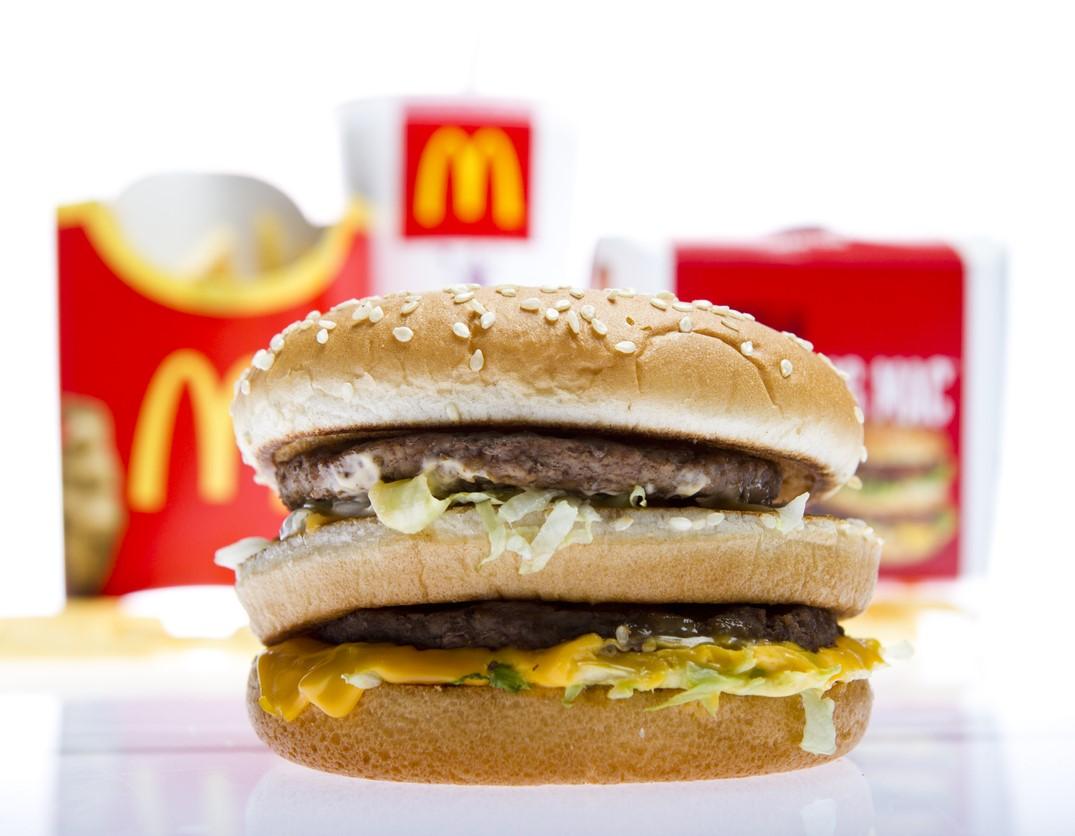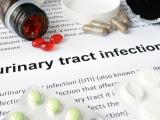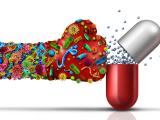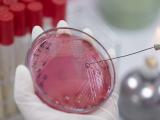A coalition of food safety, animal welfare, and environmental health groups is pushing the nation's largest fast-food chain to honor its commitment to reducing the amount of antibiotics used in its beef.
Yesterday, the groups sent a petition with more than 25,000 signatures to McDonald's CEO Chris Kempczinski urging the company to fulfill its pledge to set meaningful reduction targets for the use of medically important antibiotics in its global beef and dairy supply chains. The company made that pledge in December 2018, when it announced it would measure medically important antibiotic use and establish reduction targets for beef suppliers in the countries that make up 85% of its beef supply chain by the end of 2020.
More than a year past that self-imposed deadline, the company has yet to set those reduction targets. Matt Wellington of the US PIRG (Public Interest Research Group) Education Fund, which is a member of the coalition that sent the petition, says it's time for McDonald's to act, particularly in the wake of a recent study that estimated more than 1.2 million people died from antibiotic-resistant infections in 2019.
"It's really important, and even more urgent now, after this new global report showed the true scope of antibiotic resistance, for McDonald's to step up and follow through on its commitments," Wellington told CIDRAP News.
Sending a signal to beef producers
The 2018 announcement was widely praised by food safety, animal health, and antibiotic stewardship advocates at the time, given that McDonald's is the world's largest fast food chain and one of the world's biggest buyers of beef. There was hope that the move could help spur a shift within the beef industry toward using fewer antibiotics, as has been seen within the poultry industry over the last decade.
"McDonald's following through on this commitment would send a really important signal to beef producers that it's time to change," Wellington said. "Secondly, it would have ripple effects, and really create the model for change that the rest of the industry will use to reduce antibiotic use in beef production."
A recent report from the US Food and Drug Administration showed that cattle accounted for 41% of the 6 million kilograms of medically important antibiotics—ie, those antibiotics that are also used in human medicine—sold for use on US farms (41% are sold for use in pigs, and 2% for use in chickens). Stewardship advocates argue that much of this antibiotic use is inappropriate, and that beef producers are relying on antibiotics to prevent diseases that are caused by the unsanitary and overcrowded conditions in which beef cattle are raised.
"It's past time we stopped using antibiotics to sustain a harmful and toxic industrial animal agriculture model," Julia Ranney, research and policy associate at Center for Food Safety, said in a coalition press release. "Instead, we should be using antibiotics sparingly and when medically necessary."
In a letter sent to the company in November 2021, the coalition, which also includes the Food and Animal Concerns Trust and World Animal Protection, called on McDonald's to honor its commitment by setting aggressive antibiotic reduction targets in its beef supply, publicly reporting on its progress in meeting those targets, and using third-party auditors to verify antibiotic-use practices among its beef suppliers.
McDonald's, which has previously said that the COVID-19 pandemic was partly to blame for the delay, did not respond to a request for comment for this story.
Global concerns
Stewardship advocates and public health officials warn that widespread use of medically important antibiotics in food-producing animals, particularly the use of antibiotics for growth promotion and disease prevention, is contributing to rising antimicrobial resistance (AMR) and threatening the health of humans, animals, and the environment. Concerns about the role that antibiotic use in food-animals is playing in the growth and spread of resistant pathogens has spurred global health organizations to start addressing the issue.
In August 2021, the Global Leaders Group on AMR, a group established by the World Health Organization, the United Nations Food and Agriculture Organization (FAO), and the World Organisation for Animal Health, issued a statement calling on all countries to stop using medically important antibiotics for growth promotion in food-producing animals, and to reduce the need for preventive antibiotics by improving animal hygiene and infection prevention and control.
In November, the FAO released a 5-year action plan to help reduce antibiotic use in the food and agriculture sectors.
"FAO's Action Plan serves as a roadmap for focusing global efforts to address AMR in food and agriculture sectors," the agency said. "Protecting food and health systems is a common need of our global society."
























